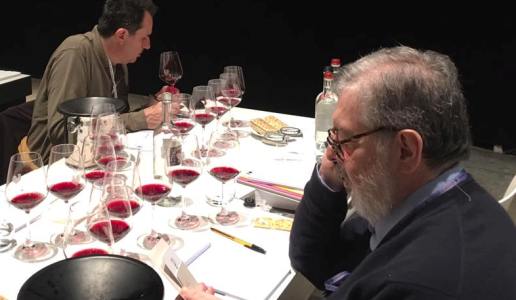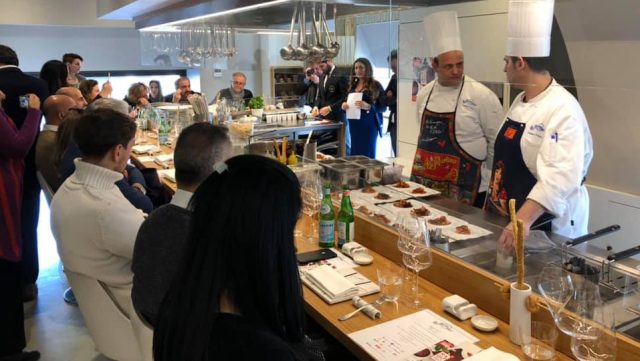Why we don’t ask for sample bottles

In our role as tasters, we avoid asking producer for bottles as much as possible. This allows us to taste freely and we reserve the right to even write about those wines that producers do not want a guide to evaluate.
One of the things that surprise producers who want to send us their wines is that we try to do without this. DoctorWine collaborators, in fact, prefer to taste wine during public events, at trade fairs, working with producer associations, serving as judges a wine contests, even international ones, during visits to estates and taking part in promotional tours or even just buying bottles at wine shops or on-line.
This way we limit, as much as possible, making any requests for sample bottles from wineries thus avoiding any problems and allowing us to be as transparent as possible. Of course, sometimes we do need to ask but this is less than 10% of the time. We only ask for sample bottles when there is no alternative, when there is no producer association or consortium around. But this is the exception while the rule is to find the wine elsewhere.
This method, which is a company choice and does not mean we think we are better than others, is something that truly amazes many producers because when they ask where they should send us their sample bottles, we tell them that we have tasted them already. This often occurs at Vinitaly or the various preview tastings that are staged between February and March.
For us it is a question of respect, of not bothering someone or embarrassing them. Some producers do not want to send samples of their wines for guide evaluation and they have every right to do so. We journalists, however, have the duty to report, a responsibility that is even sanctioned by law. By doing this we can freely and tranquilly taste all the wines that interest us regardless of whether the producer wants us to or not. We just need to organize ourselves and can do this without anyone’s permission.
I cannot say whether this is the best way of doing things. For sure it is a different approach and a more difficult one but it avoids embarrassment and suspicion. Compiling a guide with thousands of reviewed wines in the end can involve as many as 20,000 bottles, some of which risk ending up in channels that are anything but transparent. I will say no more. The approach we have adopted avoids such problems and this alone makes it a positive thing.

 Italiano
Italiano








